Viewing Europe from a motorhome’s driver’s seat high above the road can open up new vistas on the continent and has many advantages over other ways of travelling. There’s no packing and unpacking every day, no bus driver is honking impatiently and Europe can be explored at a pace that will allow plenty of time for enjoyment and relaxation. And there’s no better way to get in contact with Europeans than staying at campgrounds, becoming part of a big family.
But there’s some planning to do before you can fire up the engine. Just flying over to Germany or France and knocking on a motorhome rental company’s door is not a good idea.
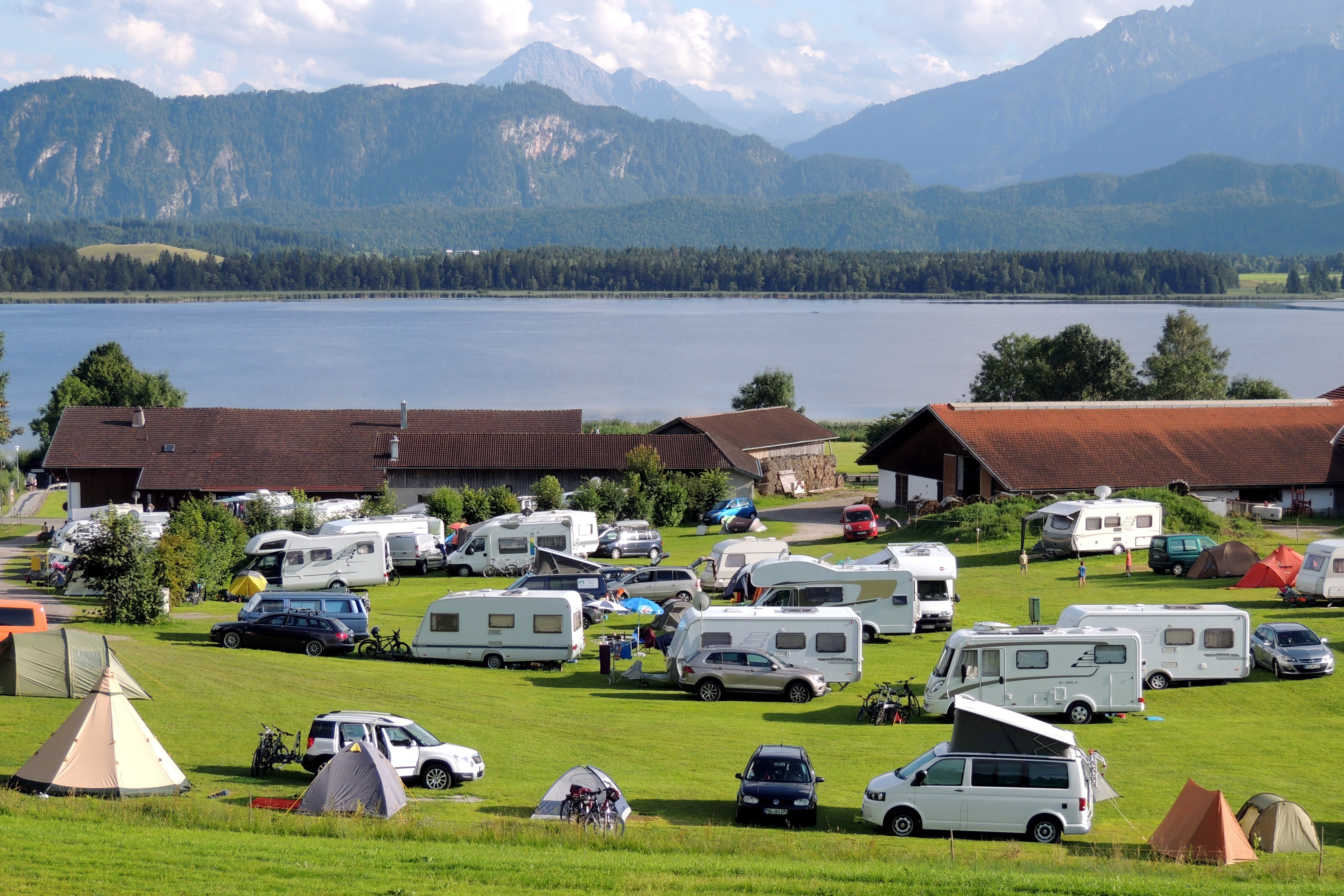
Timing is everything
An individual travel plan always requires a lot of planning. If you are picturing yourself in your own road movie in Europe you can add some more question marks to the list. The biggest question is about your personal time frame. For good value, a motorhome tour should be planned with at least three or better four weeks. Europe may look tiny on a map, but distances shouldn’t be underestimated, especially if you want to immerse yourself in the different cultures without rushing. Depending on your perseverance, budget and personal situation there are basically three possible ways to accomplish your adventure:
- Rent a motorhome on your own; the planning-intensive way
- Consider a guided motorhome tour; let others do the job
- Buy and resell a motorhome in Europe; the risky way
All these options have one thing in common: planning carefully and making arrangements months ahead is absolutely necessary – especially when it comes to finding reputable companies with the best value for your money. Just as essential is choosing and making reservations for the friendliest and most convenient campsites near your targeted destinations.
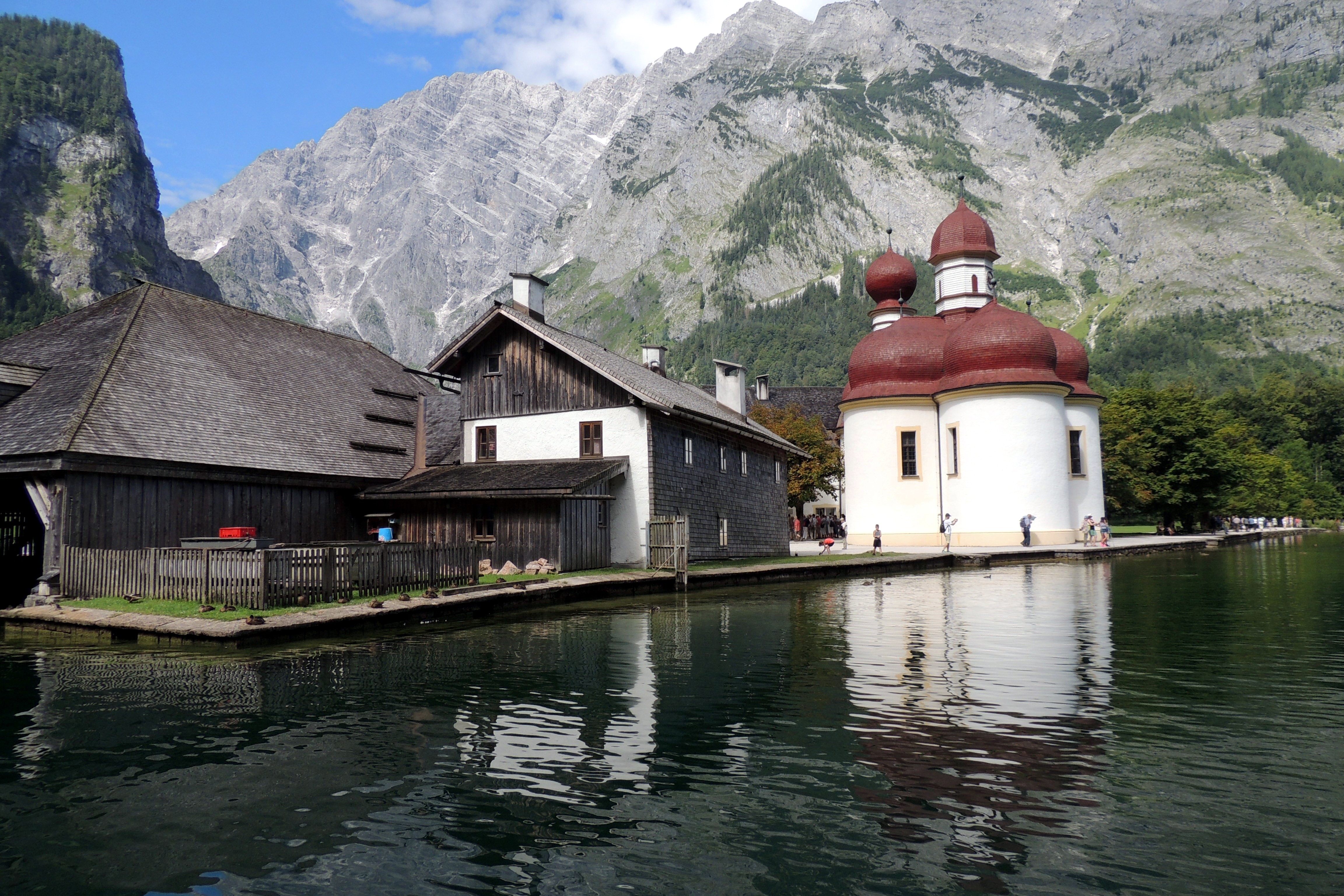
The rental way
The first thing travellers must be aware of is that one-way rental across the European borders is almost not available or drains the wallet dramatically. This is due to the fact that someone would have to drive the vehicle back to the rental company’s main pick-up station. It is a little bit more likely to get hold of a one-way rental within just one country but this is not what you expect from a tour through Europe. So planning a round trip is the best idea.
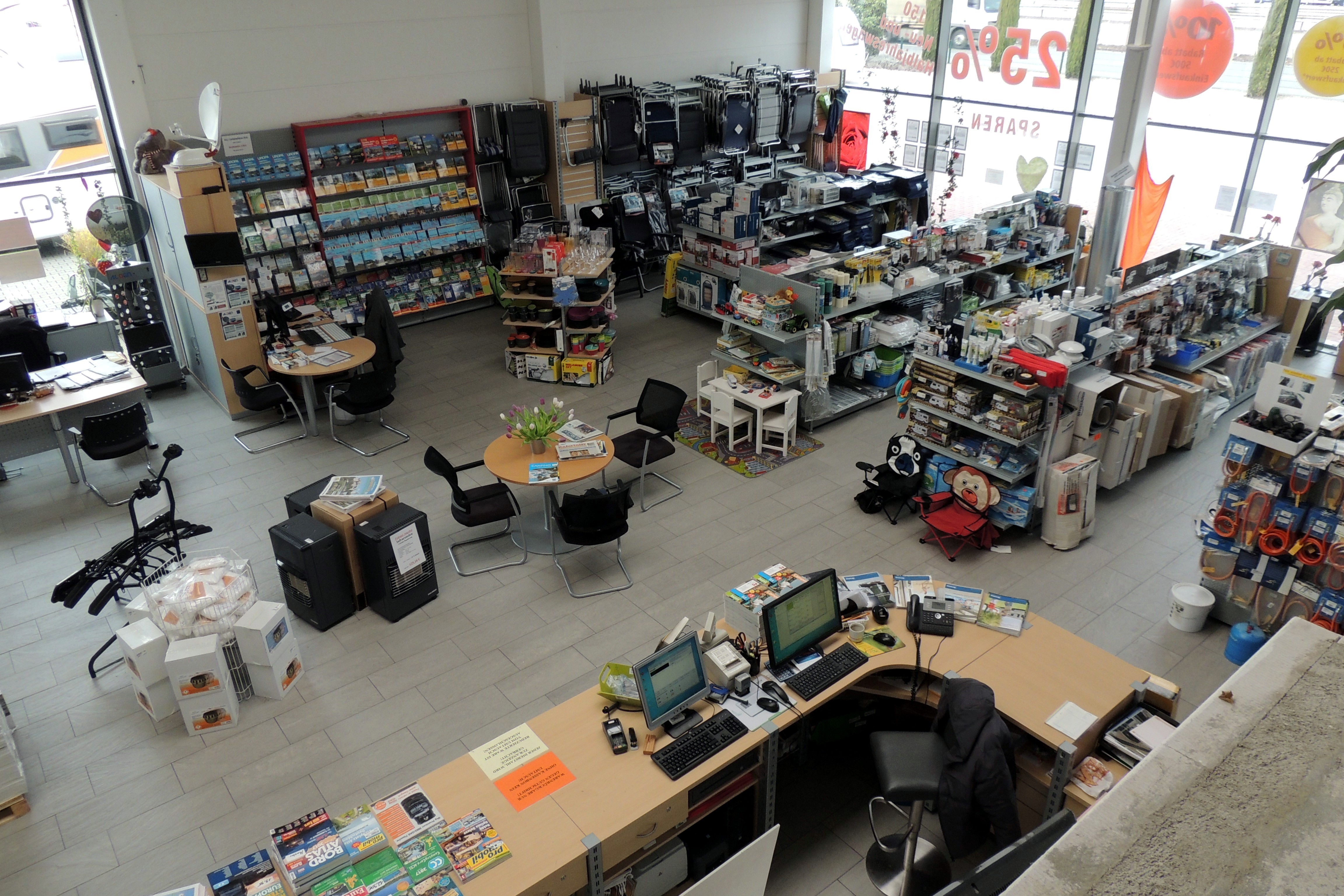 To find a rental company is not that difficult. The rule of thumb is if your Internet search spits out results in English you have probably found a company which is used to dealing with international customers. Online travel portals and camping forums can also provide tips. You can try your luck with numerous local dealers, but don’t expect them to speak your language. Tip: ask your national automobile club for recommendations.
To find a rental company is not that difficult. The rule of thumb is if your Internet search spits out results in English you have probably found a company which is used to dealing with international customers. Online travel portals and camping forums can also provide tips. You can try your luck with numerous local dealers, but don’t expect them to speak your language. Tip: ask your national automobile club for recommendations.
Rental contracts are similar to those for normal cars but unfortunately, not all dealers offer a translation. Before booking ask for special terms such as country restrictions or limited mileage per day and whether your driver’s license allows you to drive your desired model. Having an international drivers license is a bonus.
Rental costs vary from country to country, and Germany is considered to be on the cheaper side.
The costs always depend on the size of the motorhome and, of course, on the season. The difference in price for one and the same motorhome can be around € 50 a day between low and high season. For a 2/4 berth, mid-sized camper van up to seven metres (23 ft.) expect an average rental fee of about € 100 a day. The vehicles are new or almost new. Automatic transmissions are the rare exception. The fee normally includes comprehensive car insurance but the initial equipment with propane and water can add another € 100 and chairs and kitchen utensils often are also extra. Understandably you’ll be charged a painful fee if you should leave the emptying of the toilet to the company at the end of the trip. Cleaning in- and outside is normally not included. Tip: especially during low-season, rental companies often offer special package deals.
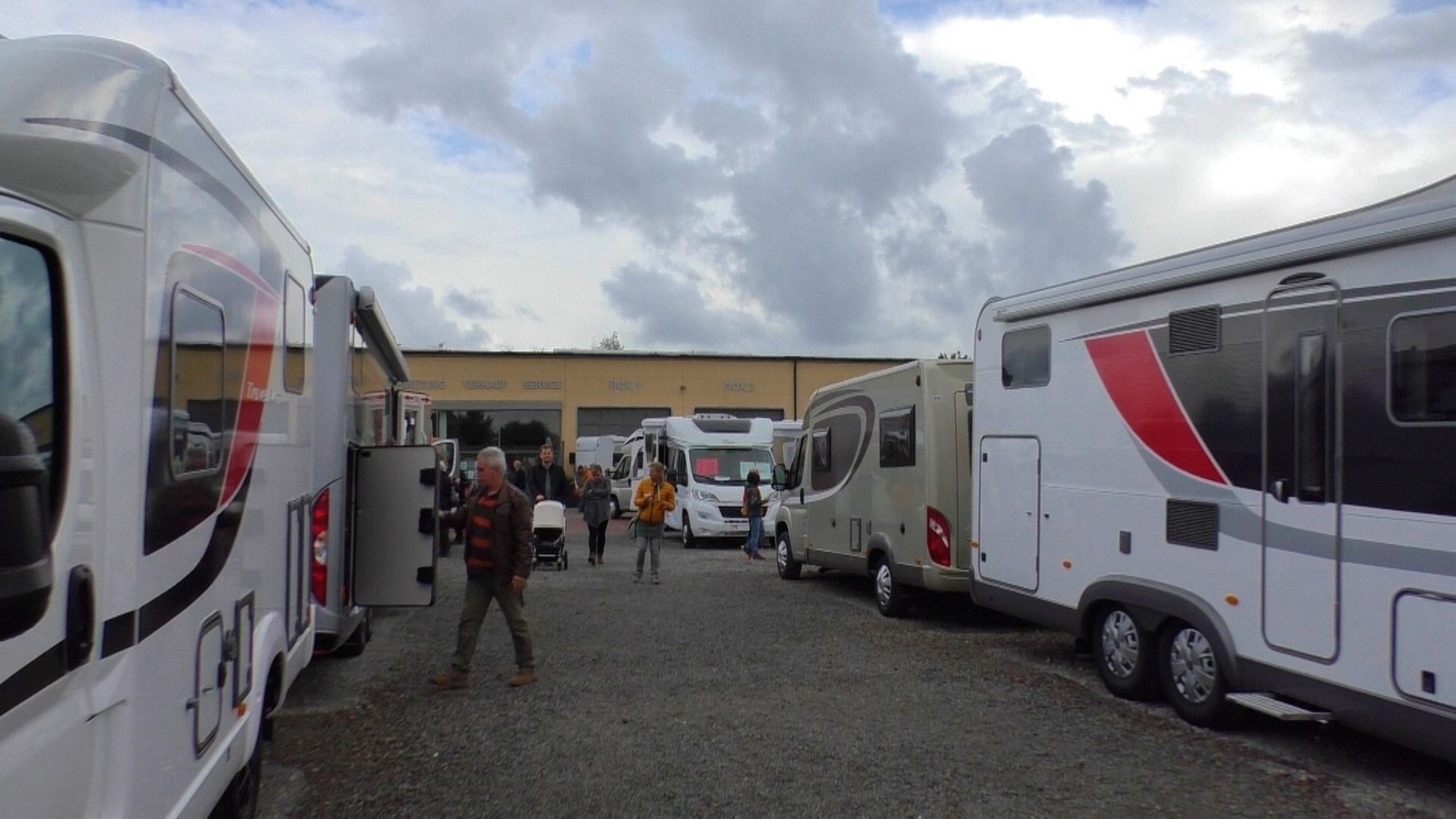
Make reservations
It is essential to book the motorhome way ahead, often six months or more, especially if you plan a trip during peak season. Same with campgrounds; check before you leave home that your favourite sites have pitches available. Make reservations if possible, although some campsites require a minimum stay for that and will possibly ask you to transfer a deposit.
During the off-season the situation is much more relaxed but don’t rely on your luck only. Call the next campsite on your list one or two days before your arrival instead of just showing up. If you choose the adventurous way, start looking for an overnight stay during daylight. Groping your way through the dark with a vehicle the size of a small hotel room is a hair-raising and potentially hazardous proposition even for experienced European drivers.
To stay overnight at a car park should be only for emergencies as different laws apply in every European country. Community-owned parking lots for motorhomes have become popular, often within walking distance of the main attractions and are sometimes equipped with hook-ups. They often charge only a small fee; the downside is that you can’t book ahead. Expect the cost for normal campsites at around € 20 to € 50 a night.
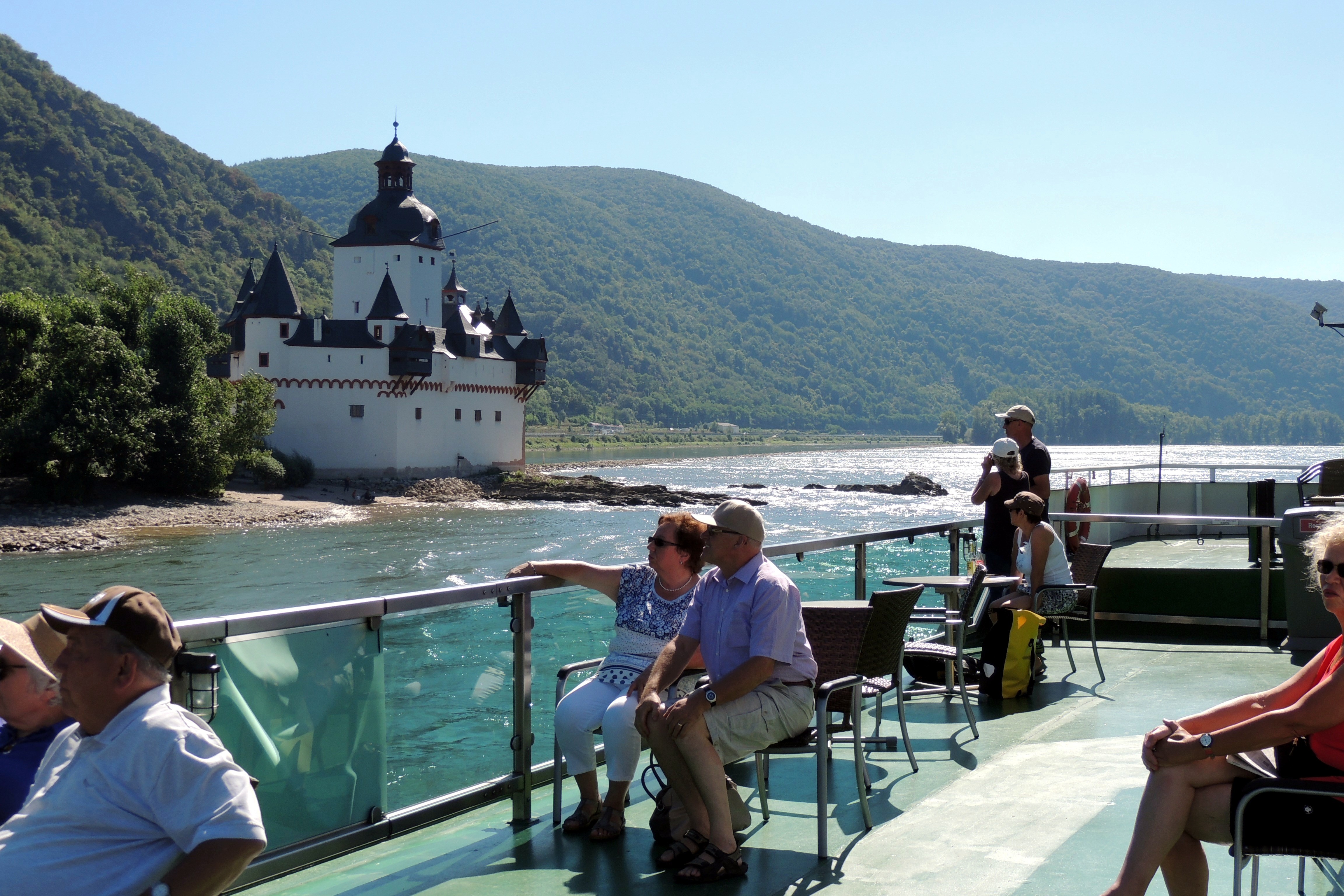
On the road
It is really hard to judge as a first-time visitor to Europe how much time you’ll need to drive from one destination to the next. Browsing these lovely winding European roads through Brothers Grimm type villages can be very time consuming. Which is, on the other hand, part of the fun. In general, a distance up to 200 kilometres (130 mi.) a day is reasonable and you’ll spend three to five hours on the road. A fairly early start in the morning is a good idea. This allows enough time to do a final check on the motorhome and to make some shoppig and photo stop on the road.
The guided way
“So many road signs?” Debbie, an experienced traveller from Australia, said, frowning as she took the information brochure about traffic rules in Germany. “But if in doubt we’ll just follow you, close our eyes and hope for the best as we sail through the intersections”, she encouraged herself while patting the motorhome’s bonnet, supported by a nervous smile from her husband.
The reasons travellers decide for a guided tour are many. Some don’t trust their language skills, others are afraid of foreign road layouts and signs. To just follow the tour guides allows them to relax and enjoy the trip.
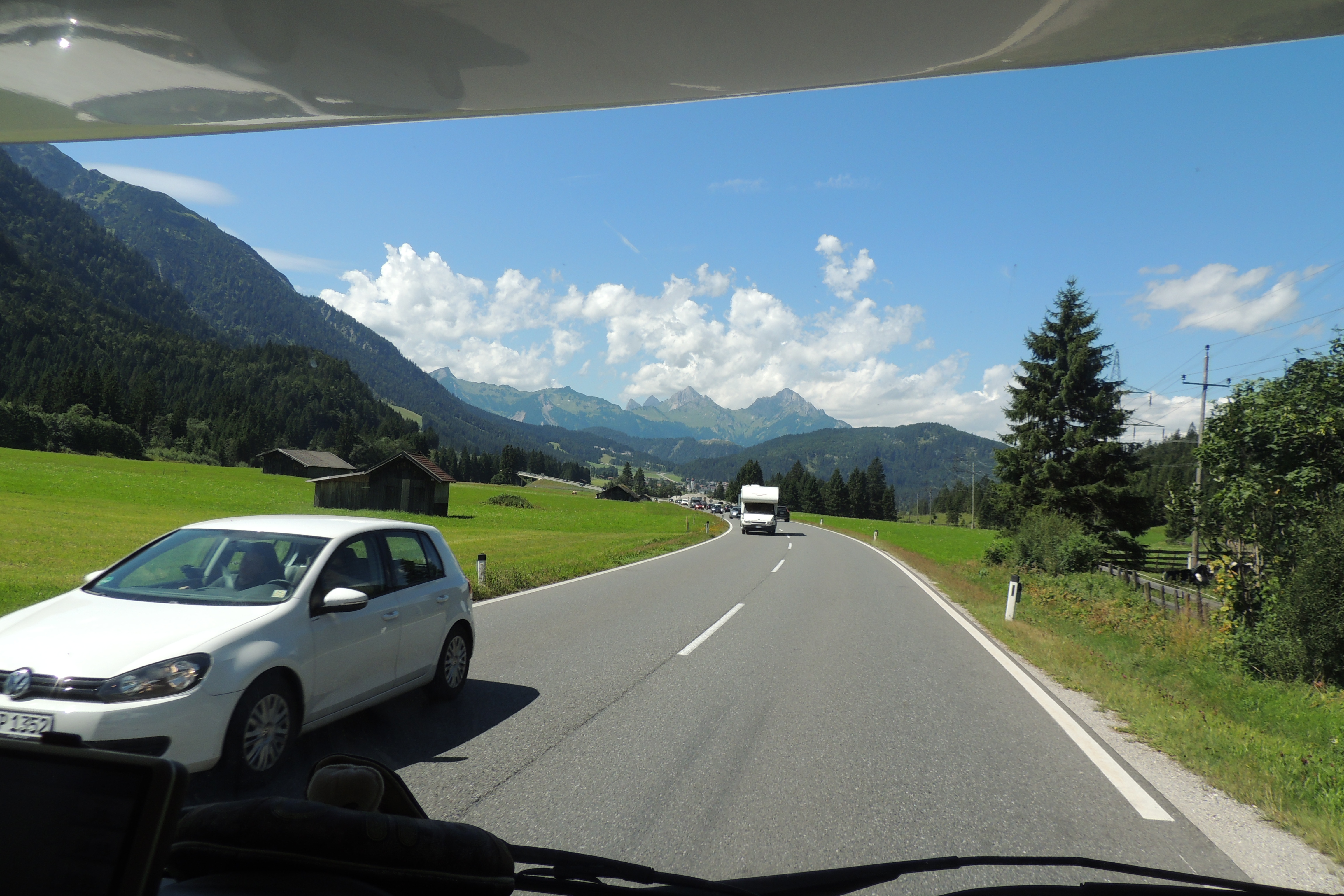 Guided motorhome tours can be considered as a hybrid of a classic, escorted hotel & motor-coach tour and a still very individualised, adventurous way to explore Europe. All of the planning is done for you but you have to pay for having the convenience of a fully organised tour with 24/7 support from the accompanying tour guides. Included in the costs are normally the motorhome rental, the fees for campgrounds, organised side excursions to special places of interest or boat cruises, and maybe road tolls. In general you can compare the costs of a guided motorhome tour with the pricing for hotel-based tours. What can make it look more expensive is the fact that motorhome tours are generally longer; four weeks is common. But shopping at local markets and the ability to prepare your own food can be a real money-saver.
Guided motorhome tours can be considered as a hybrid of a classic, escorted hotel & motor-coach tour and a still very individualised, adventurous way to explore Europe. All of the planning is done for you but you have to pay for having the convenience of a fully organised tour with 24/7 support from the accompanying tour guides. Included in the costs are normally the motorhome rental, the fees for campgrounds, organised side excursions to special places of interest or boat cruises, and maybe road tolls. In general you can compare the costs of a guided motorhome tour with the pricing for hotel-based tours. What can make it look more expensive is the fact that motorhome tours are generally longer; four weeks is common. But shopping at local markets and the ability to prepare your own food can be a real money-saver.
There are several companies on the market which offer guided motorhome tours in Europe for overseas travellers. Their portfolio ranges from tours through the heartland of Europe to trips at its periphery. Like with hotel-based tours you can expect to visit the main attractions of these areas. If you are also interested in attending particular events you won’t find in normal tour books you’ll need a tour operator with intimate knowledge of the area. Confirm that they provide insurance against their insolvency. As an example, for Germany based tour operators the “Reisesicherungsschein” is statutory.
You will find differences in the size of the convoys; either you travel in a larger caravan or in smaller family-type groups. Check if you are allowed to do side trips on your own initiative or if you have to strictly follow the rig of the tour guides. Tour books with detailed information such as addresses and GPS coordinates of the visited campgrounds and the destinations should be a matter of course. The motorhome should be fully equipped with everyday life essentials. Normally not included are flights to Europe as well as personal insurance apart from the comprehensive cover for the motorhome.
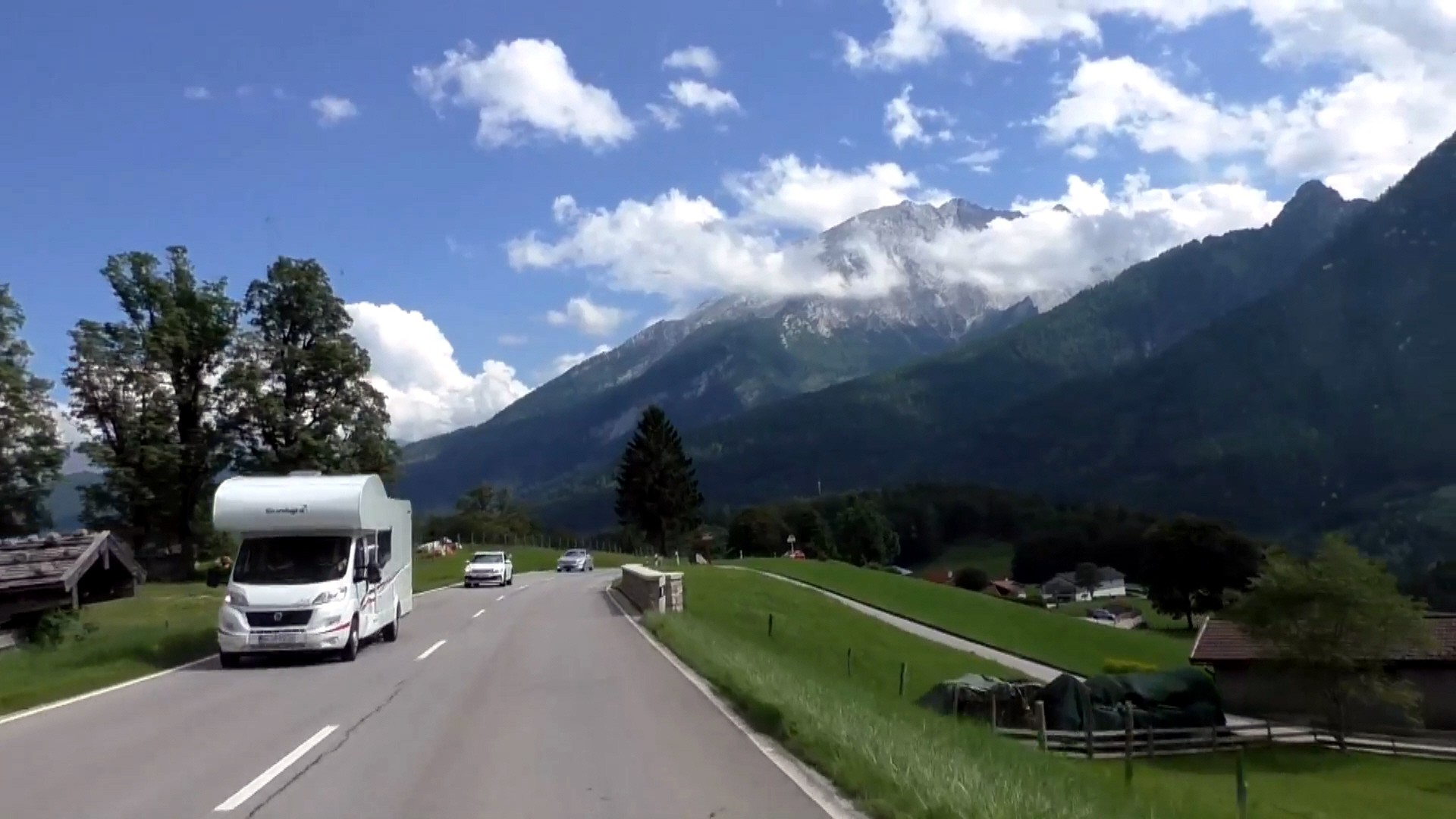
Buying and reselling your own motorhome
Not for the faint-hearted and not feasible for normal tourists as it requires having a lot of time and the planning itself can turn out to be a headache with loads of paperwork.
Buying a motorhome in Europe is like buying a pig in the poke, although you can read success stories on the Internet. Don’t trust too good to be true stories. What they often don’t tell you is that it is practically impossible to license a car in a European country without being an EU resident. There might be solutions for that, but it’s playing with fire and a police stop could end your holiday dreams abruptly. Apart from that, prices for second-hand motorhomes are currently through the roof and there’s no guarantee that you can resell the vehicle at an acceptable price.
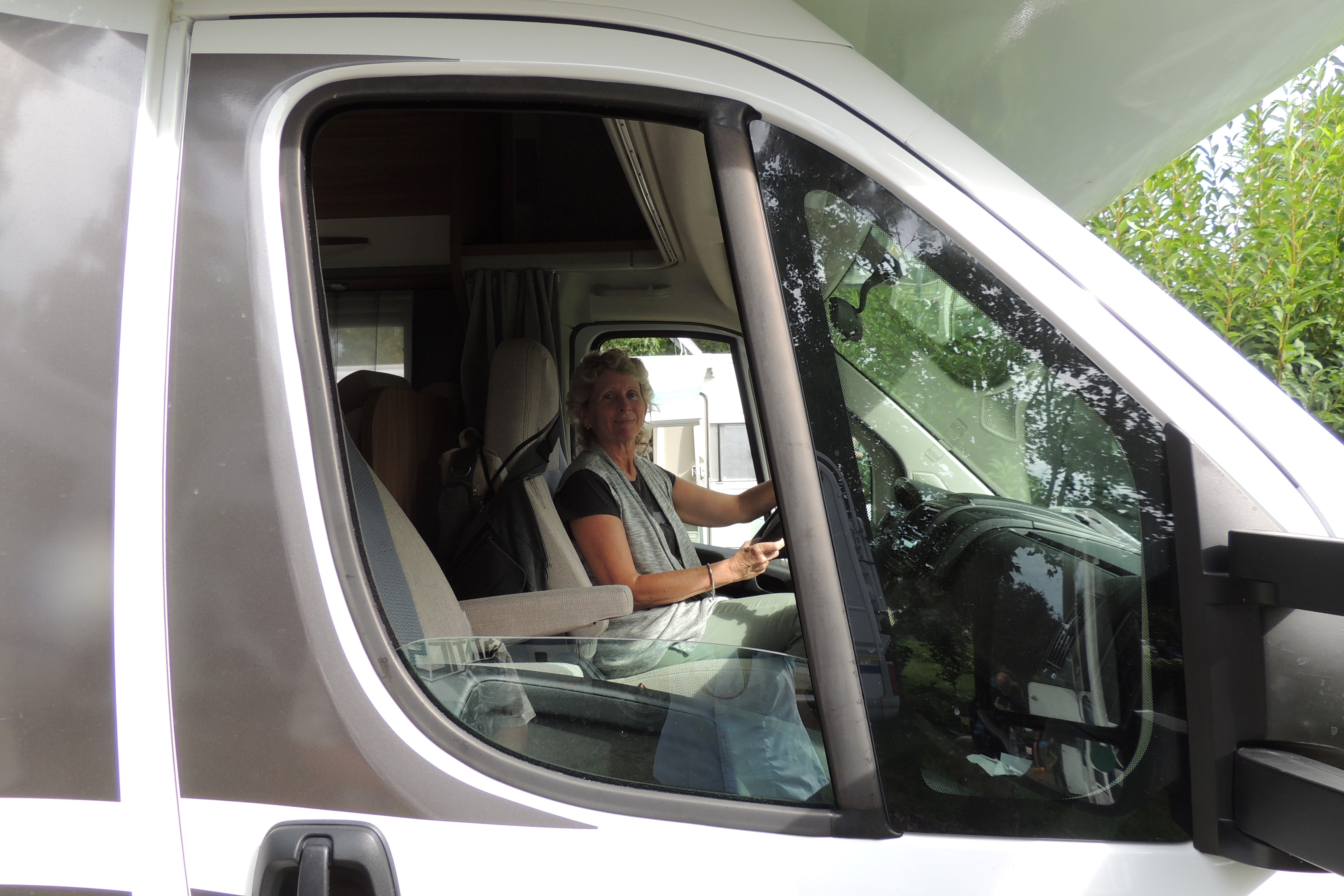
Bitten by the travel bug?
For those who love to deeply immerse themselves in the different European cultures, a motorhome road adventure will be an unforgettable event. It’s all just outside the windows. But as with all travel ideas, planning and organising ahead is necessary. And once on European streets don’t forget to wave at other motorhome drivers. It’s a tradition.
Written by Claus Schaffner,
Claus is a freelance journalist from Germany and motorhome enthusiast. He is also a co-founder of the travel company Guided Motorhome Tours Europe.







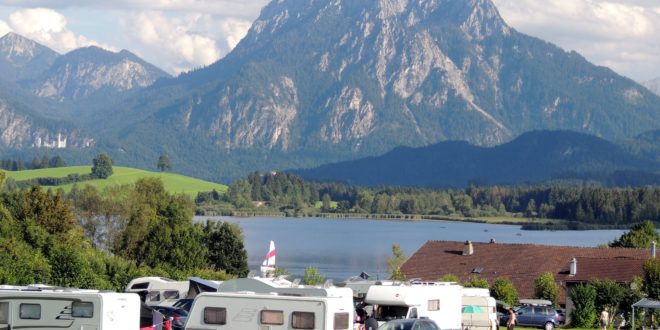
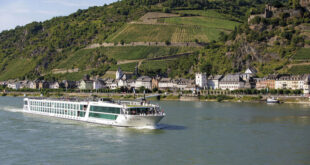
Join the Discussion
Type out your comment here:
You must be logged in to post a comment.